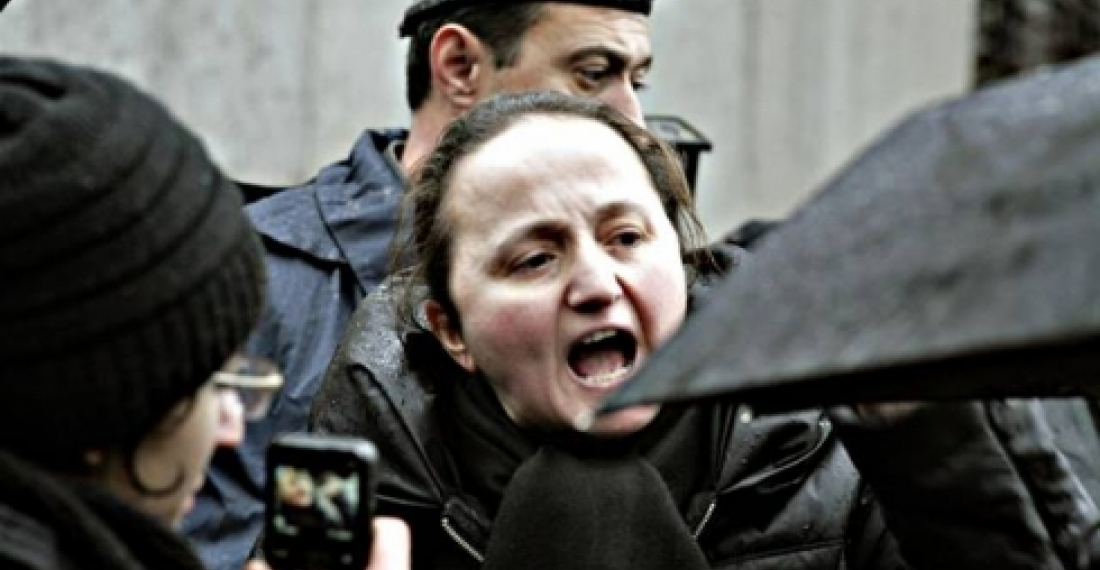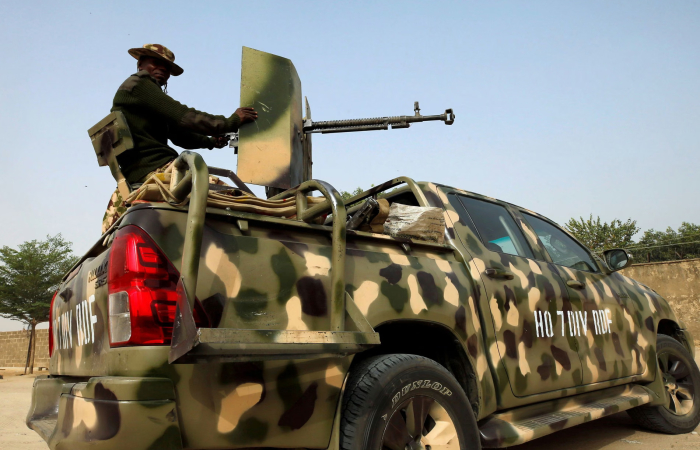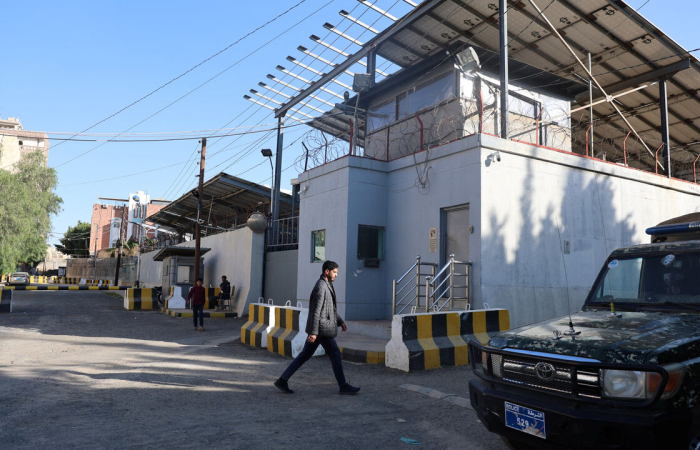Armenia's Defense Minister has issued a new executive order that prevents access by the relatives of deceased soldiers and civil society actors to information concerning the non-combat fatal incidents in the military forces.
What does the government want the parents of soldiers who have died in non-combat incidents to know, and what not, and why? What is their intention? The Armenian NGO Peace Dialogue for the past four years has been working with parents and other relatives of soldiers who have died in non-combat situations to find out exactly why and how their sons died while in the service of their country. Many parents have approached Peace Dialogue looking for help. In response to their pleas for help, the organization set up the "Safe Soldiers for a Safe Armenia" website (www.safesoldiers.am). The website was set up to receive information from the families of solders who had died, and only after getting clarifications from the Military officials, to share this information with the public. Initially, the Ministry of Defense (MoD) assisted the NGO in providing this information. Since 2014 they have not responded to Peace Dialogue's requests for information, which led the organization to go to court to see if the judicial system would force the MoD to provide this most important information. In January 2015 a lawsuit requesting the information was initiated. Then things changed.
Under Armenian law, the Minister of Defense has 30 days in which to respond to a lawsuit, but they replied only on August 15, 2015, eight months later. Peace Dialogue received an official copy of the objection made by the Ministry of Defense to the Administrative Court of Armenia regarding the above mentioned lawsuit. The objection states that effective August 13, 2015 all information concerning the non-combat deaths of soldiers is classified according to a new Executive order. What is the intention of such an order? Is it to never allow grieving parents to understand exactly what happened to their children while in service to their country? Are all of these deaths of such a nature that telling the parents and the community about them would endanger the security of Armenia? Perhaps some, but certainly not all.
According to the same executive order, point 17: "Information about the functions of the Military Police, as well as about illegalities and incidents from now on", the incidents in the Armed Forces, as well as the information revealing their causes are considered classified information, based on the level of their secrecy and given the changes in the political and operative situation of the country; information revealing the investigation materials regarding the infringements in the Armed Forces is considered classified information, based on the level of their secrecy.
According to Peace Dialogue this order severely limits how civil society actors are able to maintain civilian control over the activities of the Military Forces. Even financial reports of the Ministry now get classified according to the Minister's executive order. It appears that the intent of this new order is to move away from the announced policy of "increasing transparency" of the Armenian Military Forces. The organization intends to launch another legal action, aimed at challenging this new executive order of the Minister of Defense of the Republic of Armenia.
Source: Peace Dialogue, Armenia.
(The Dutch NGO 'PAX' supports the project "Safe Soldiers for a Safe Armenia").
Photo: Nana Muradyan, whose son, private Valerik Muradyan, was found hanged in his military unit from an iron pole on March 15th of 2010. Although the preliminary investigation body considered proven the fact that Valerik Muradyan was pushed to commit suicide there are still no suspects in this case, nor was anyone detained. (Picture courtesy of Armine Zakaryan, Peace Dialogue.)







